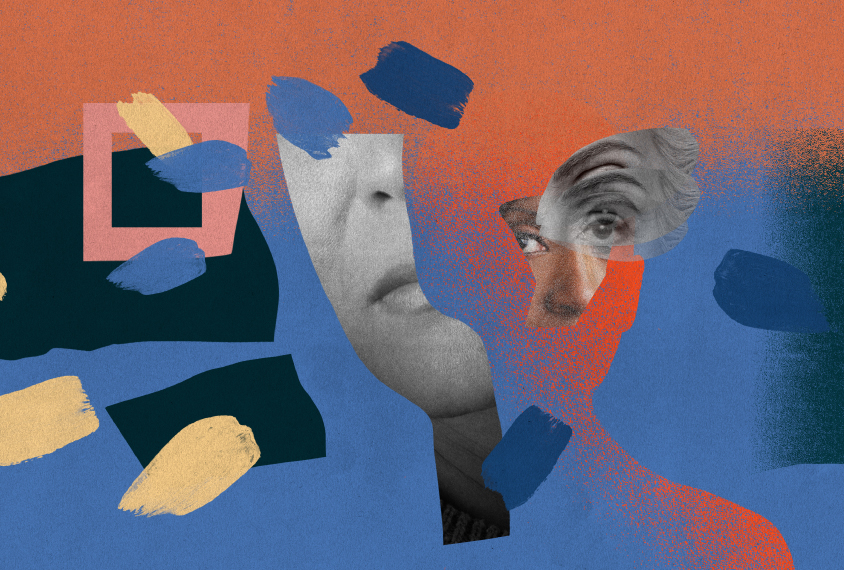Rachel Moseley is principal academic in psychology at Bournemouth University in the United Kingdom. Her research centers around issues that autistic adults face, including mental ill-health, suicidality, self-injury, aging and late diagnosis. She also investigates aspects of cognition and social communication in autistic people and how these differ depending on personal characteristics, such as sex.

Rachel Moseley
Principal academic
Bournemouth University
From this contributor
Autism and menopause: Q&A with Rachel Moseley and Julie Turner-Cobb
Menopause poses significant challenges for autistic people, according to a small survey published in 2020 — the first to explore the transition among people with autism traits.

Autism and menopause: Q&A with Rachel Moseley and Julie Turner-Cobb
Autism and eating disorders may have an emotional connection
Eating disorders have the highest mortality rates of any kinds of mental illness. They don’t discriminate, affecting people of all ethnicities, sexualities, gender identities, ages and backgrounds.

Autism and eating disorders may have an emotional connection
Explore more from The Transmitter
New connectomes fly beyond the brain
Researchers are mapping the neurons in Drosophila’s ventral nerve cord, where the central nervous system meets the rest of the body.

New connectomes fly beyond the brain
Researchers are mapping the neurons in Drosophila’s ventral nerve cord, where the central nervous system meets the rest of the body.
Building an autism research registry: Q&A with Tony Charman
A purpose-built database of participants who have shared genomic and behavioral data could give clinical trials a boost, Charman says.

Building an autism research registry: Q&A with Tony Charman
A purpose-built database of participants who have shared genomic and behavioral data could give clinical trials a boost, Charman says.
Cerebellar circuit may convert expected pain relief into real thing
The newly identified circuit taps into the brain’s opioid system to provide a top-down form of pain relief.

Cerebellar circuit may convert expected pain relief into real thing
The newly identified circuit taps into the brain’s opioid system to provide a top-down form of pain relief.